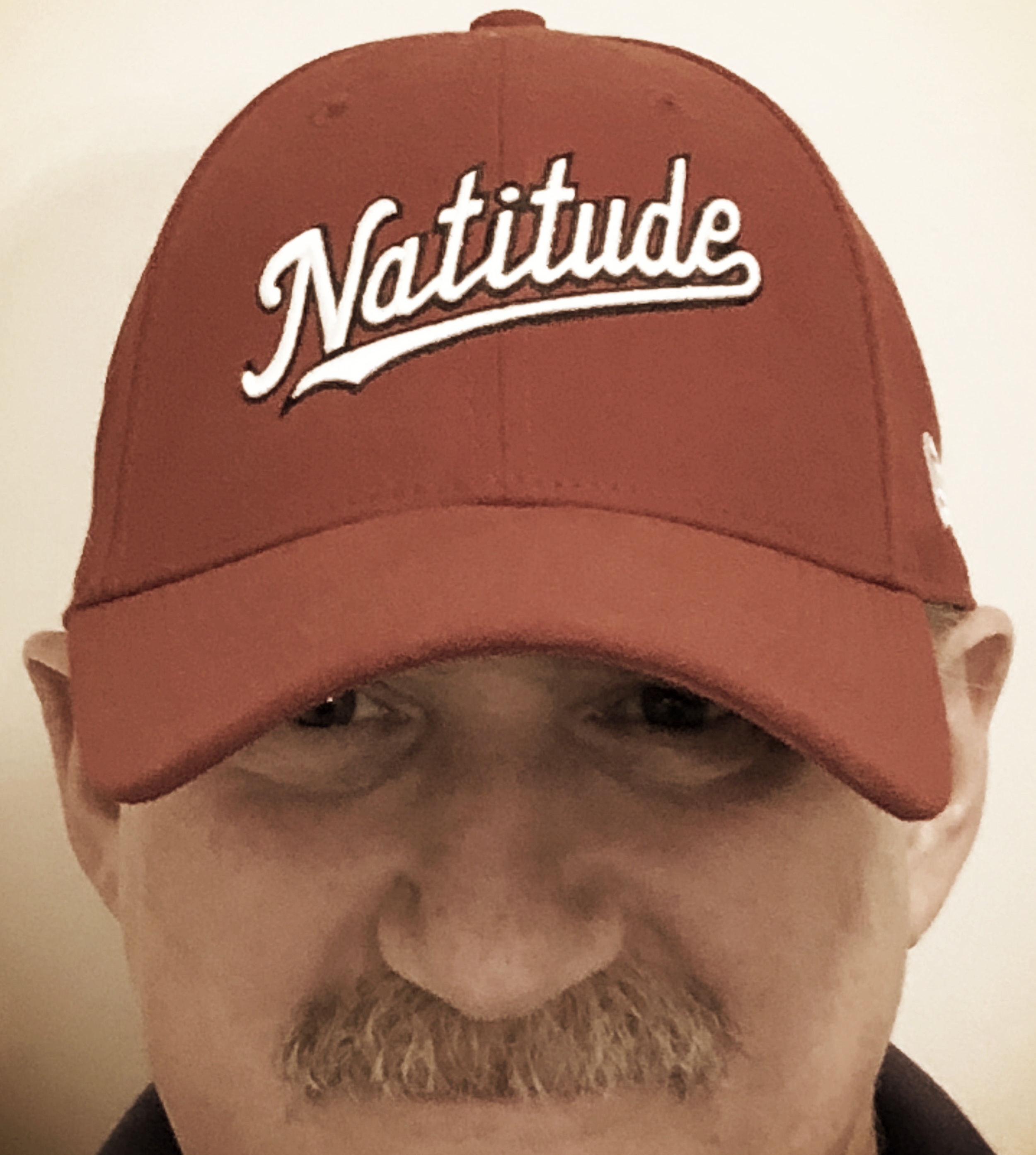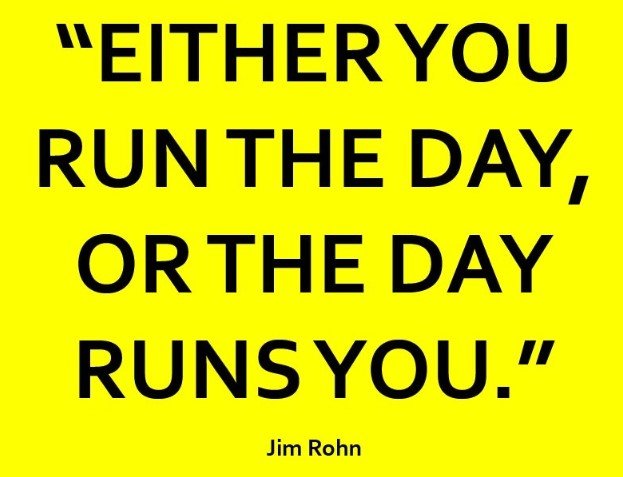I've talked about this before: I confess that I'm not much of a joiner when it comes to the many, valuable support groups that are out there for Cancer patients. I have nothing against them, and I don't think I'm too good for them - I just don't find that a group setting works for the kind of issues or questions I may have.
I'm blessed with a very caring and nurturing "village" around me, and my disease has evolved to the point ("remission") where my support needs are even fewer than ever before. But for folks less medically, emotionally or financially fortunate as me, there are many kinds of cancer-patient support systems in place to address the myriad challenges associated with diagnosing, treating and dealing with their disease.
Take for example the poster that I saw recently during a visit to the clinic - on the back of my exam room door. This Concierge program is intended primarily to help patients and their families cope with the non-medical aspects of their illness. It's wisely understood that managing the frustrations, fears and foibles of the process can help enhance the overall quality of the care/treatment being administered. It may seem incongruous to refer to someone as a "happy cancer patient" - but a positive attitude goes a long way toward propagating a positive outcome (kudos to Norman Cousins).
And further, you'll notice on the bottom of this poster, a reference to "your nurse navigator." This is yet another layer of coverage that starts at the very beginning of your journey (hence the aptly titled "navigator"), a person supplied by CINJ to help with maneuvering through the system as your course of treatment and recovery are chartered by the Onc team.
It’s worth pointing out as part of this conversation, that even insurance companies offer similar types of support and succor for their patients. It’s not totally altruistic (better supported patients = better outcomes = lesser payout), but whatever the motivation - this type of “coverage” is beneficial.
Cancer is a big, bad, scary, overwhelming, disorienting, often cruel and very challenging disease to deal with. Having some help, any help, along the way is good for the patient, their "people" and their prognosis.




